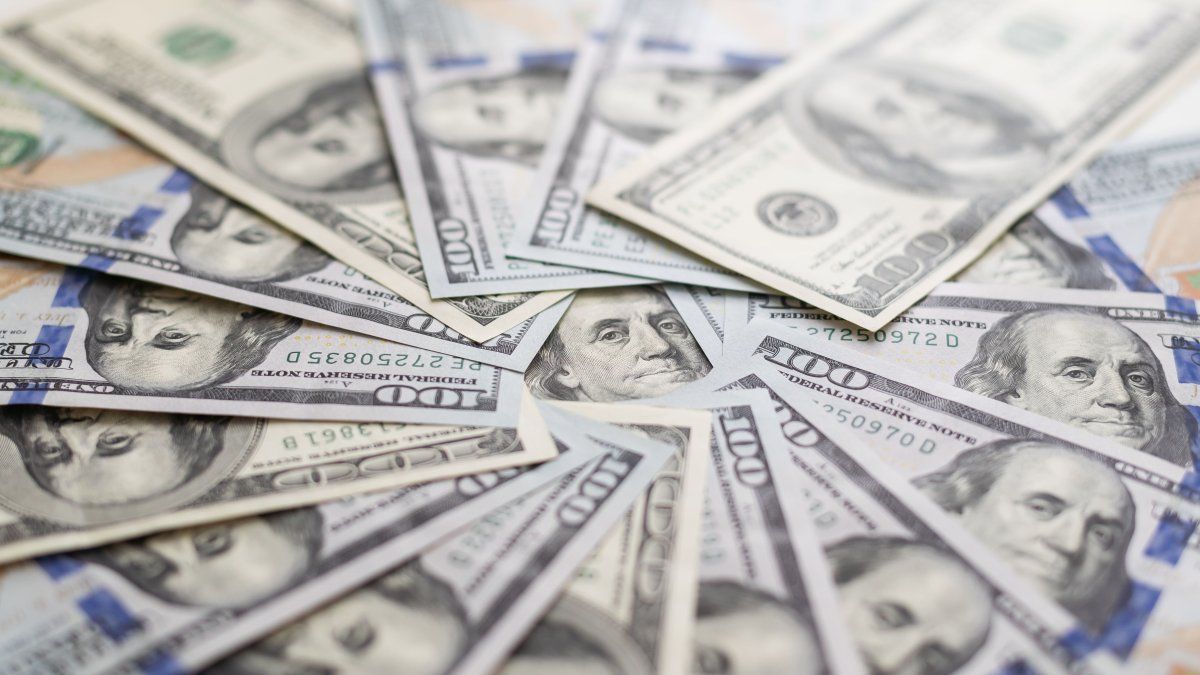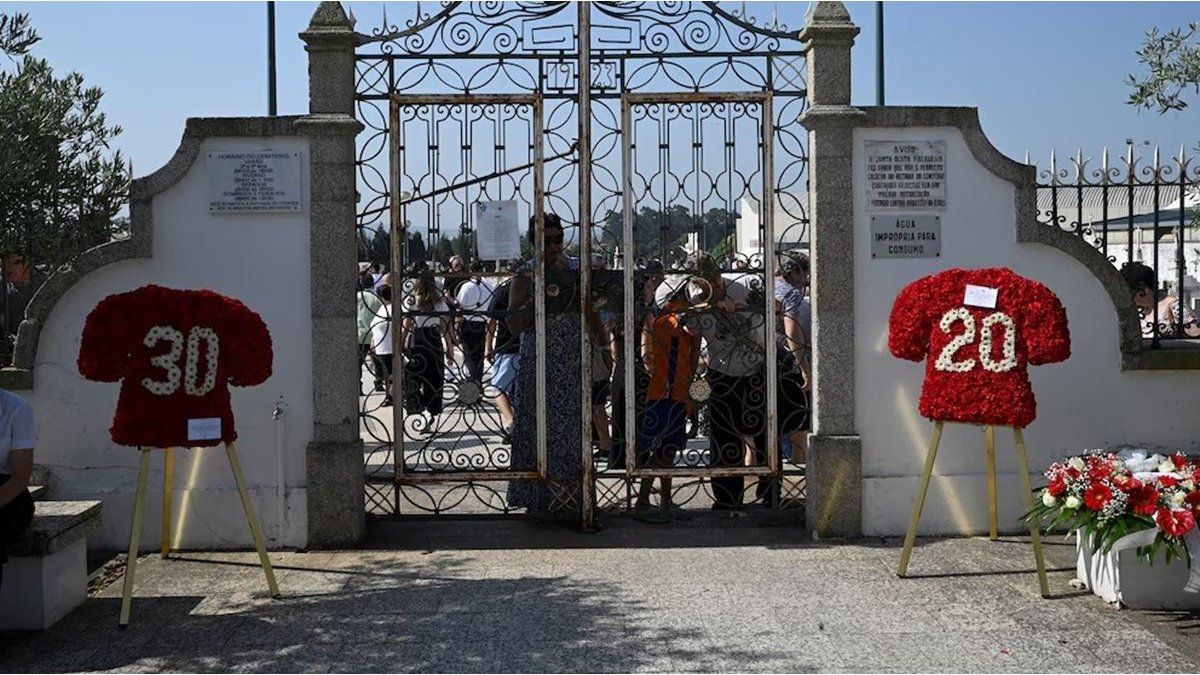Specifically, the BCRA Board decided to allow the people who had received some assistance from the State during the pandemic or who benefit from subsidies for the consumption of public services can carry out foreign exchange transactions through securities in foreign currency, that is, buy both MEP dollars and CCL.
In addition to this measure for individuals, the decision was also made to shorten the deadlines for companies that access the Free Exchange Market (MLC) to pay for imports, and to increase the amount that service exporters are not required to settle in the MLC.
Restrictions on access to the MEP and CCL dollar are lifted
Among the measures adopted on Tuesday by the Board of Directors of the BCRA, the most notable is the removal of restrictions on access to MEP dollar and cash settlement operations for individuals who had received some kind of aid from the State during the pandemic or who have a subsidy for consumption in public services.
With this measure, these people will be enabled to subscribe to mortgage loans in pesos and access the MEP dollar to carry out their real estate transactions all those people who were included in that category.
Dollar: other measures that relax the restrictions on importers and exporters of services
Payment for imports: how the operation will be carried out from now on
The BCRA analyzed what has been done so far:
“Since the BCRA authorities took office on December 10, 2023, the flow of imports that was virtually halted by the countless obstacles to accessing the foreign exchange market and the accumulated levels of commercial debt was normalized with a transparent and predictable payment scheme. During the first half of 2024, import payments made by the MLC returned to around 100% of the average monthly import amount,” the monetary authority explained.
Currently, the Energy-related goods are paid in cash; pharmaceutical products, other goods related to health care, fertilizers, phytosanitary products intended for local production, basic consumer basket products and imports made official by SMEsThey have access to the MULC 30 days after customs entry registration.
Luxury goods and finished cars They are paid after 120 days of customs registration.
The BCRA justified the measure in the scheduling of the payment of imports implemented from 2023 (through the creation of the bopreales) that “made possible the accumulation of international reserves in an accelerated manner, generating a stock of commercial debt. In response to the better than expected results in the development of the program, the BCRA is moving forward in the normalization of foreign trade, allowing the reduction of the debts incurred.”
What are the changes:
- As of August 1, these goods will have access to the MULC starting 90 days after their customs entry is registered.
- The rest of the products are paid for in four installments for an amount equivalent to 25% of the value, counting from 30, 60, 90 and 120 calendar days after their customs entry. Starting August 1, these goods will have access to the MLC to be paid in two installments, one after 30 days and the second after 60 days after their customs entry, for 50% each. This group represents more than half of total imports.
This measure will seek two effects:
1. Reactivate the economy “because it allows companies that import to face less financial burden”
2. Reduces the transfer to prices of the higher cost associated with the current schedule, which forced those companies that did not obtain commercial financing from their suppliers to pay them through the parallel dollar.
The BCRA relaxes measures that impact financial dollars.
Depositphotos
Exportation of services
The amount exempted from the liquidation of exports of services by resident individuals is extended. The adjustment now allows you to collect up to US$24,000 per year calendar in their local dollar accounts, without the obligation to settle them in the MULC. The rule previously allowed only US$12,000.
Source: Ambito
I am a 24-year-old writer and journalist who has been working in the news industry for the past two years. I write primarily about market news, so if you’re looking for insights into what’s going on in the stock market or economic indicators, you’ve come to the right place. I also dabble in writing articles on lifestyle trends and pop culture news.




